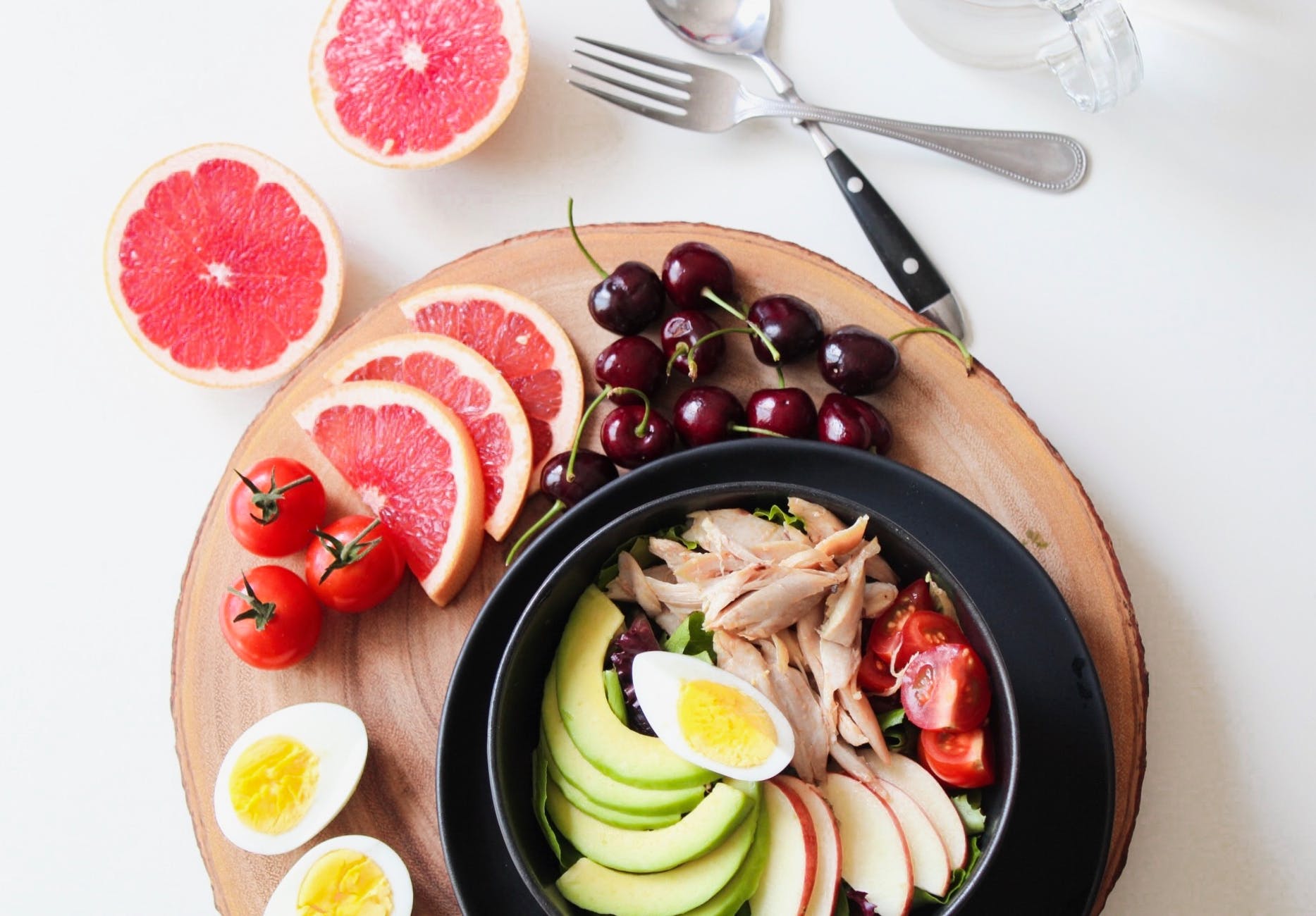Many struggle to identify basic vitamins, minerals and ingredients – despite claiming to be experts on the topic
‘Nutrition’ has become a buzz word in recent years – but the reality is our knowledge on the subject is sadly lacking, it has emerged.
Researchers discovered a third of us are interested in nutrition and 28 per cent go out of their way to avoid unhealthy foods.
But many struggle to identify basic vitamins, minerals and ingredients – despite claiming to be experts on the topic.
More than a quarter think mercury – a pollutant toxic to humans – is safe to eat.
When it comes to fats, 32 per cent of people don’t know if monounsaturated fats – which can reduce cholesterol and are found in avocados – are good or bad for health.
One in 10 don’t know Omega-3 – which is believed to lower the risk of heart disease – is a fat found in fish, flax seeds and walnuts – with some even mistaking it for a watch brand.
Twenty-nine per cent confused choline, found in cauliflower and an essential nutrient, with chlorine, which has been used as a chemical weapon.
The research of 2,000 UK adults was commissioned to launch KNOW Your Nitrates (NO3), a campaign aimed at educating people on nitrates in drinking water.
It found 77 per cent have no idea what a nitrate is or whether they are good or bad for you – in fact, they have been linked to potentially serious health issues including thyroid and circulatory problems.
And it’s a similar story for vitamins – of those who take vitamin C, 35 per cent have no idea it’s essential for the growth, development and repair of all body tissues.
Six in 10 don’t think they’re getting enough vitamins in their diet but 67 per cent wouldn’t be able to spot the signs they are vitamin deficient or not.
Dr Marilyn Glenville, nutritional health expert, said: “This survey shows that people don’t find it easy to identify vitamins, minerals and other ingredients.
”That is why it is so important to read the labels on your food and drinks.
”It is crucial to know what you are putting in your body as this affects your health both physically and mentally.”
The research also found maintaining health is our biggest priority when it comes to nutrition.
This was closely followed by upping energy levels and getting all of the vitamins and minerals needed to function properly.
Interestingly, 27 per cent of those polled they don’t read the ingredients list on food and drink purchases at all.
Nine in 10 aren’t aware nitrates in drinking water can have a negative impact on health.
While five per cent WRONGLY believe nitrates in mineral water – pollutants and heavy oxidants which enter the water table from agricultural fertilisers and leaking septic tanks – are good for you.
Only 21 per cent know nitrates can end up in mineral water from chemical fertilisers, and just nine per cent know nitrates are pollutants from the water table.
Dr Marilyn Glenville added: ”The lack of understanding about nitrates, particularly in water, shown in the survey was of concern.
”And also, for me, as a nutritionist, to learn that in many European countries, the legislation requires that the nitrate content in water should not exceed 10mg per litre.
“But in the UK the limit is 50mg per litre for adults and there is no legislation in place for children.”
Dr Sarah Brewer, nutritionist, said: “While our interest in health and wellbeing is increasing, it’s clear from AQUA Carpatica’s research that more information is needed around even simple, everyday products like drinking water.
”Few people are aware that nitrates, which can leach into water from fertilisers, manure and septic tanks, have been linked to potentially serious health issues including breathing problems for newborn infants, thyroid and circulatory problems, and headaches.
”Some people may prefer to choose a water that is nitrate-free.”

